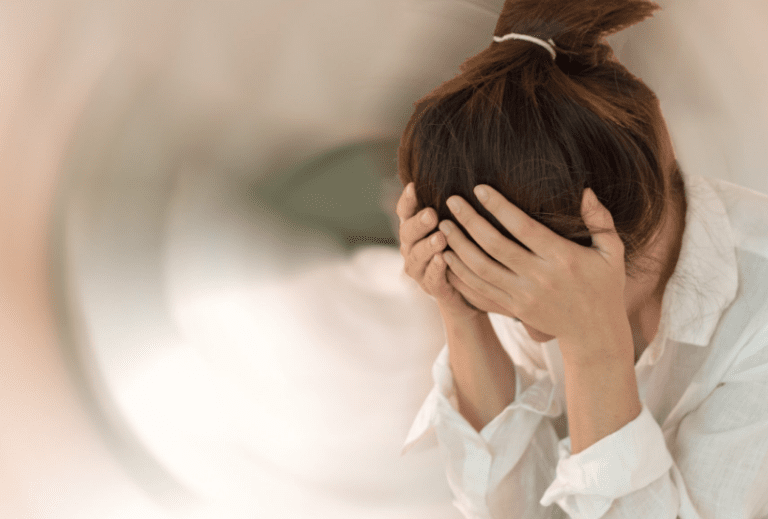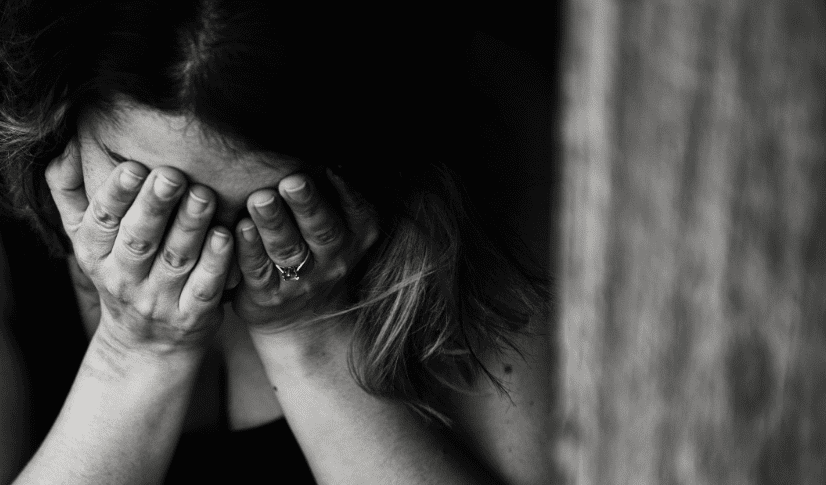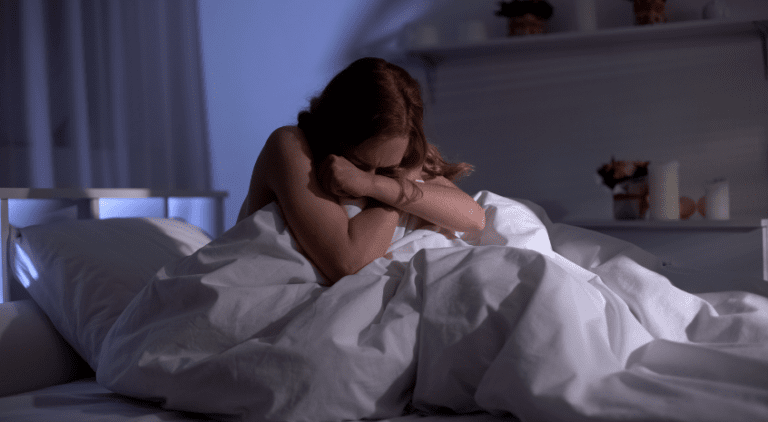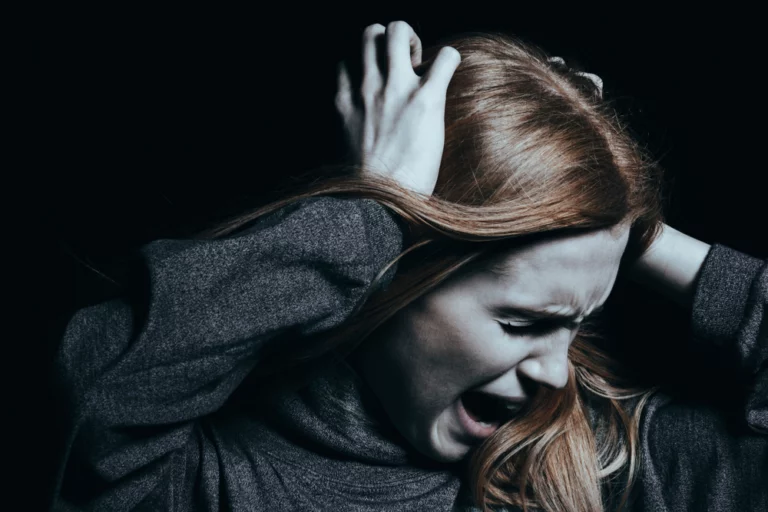Benzodiazepine Abuse: The Dangers and Symptoms
Medically Reviewed by Jodi Mabry
Benzodiazepines are one of the most commonly abused prescription drugs in the United States. They are often referred to as “benzos”. These drugs are used for treating anxiety and stress, as well as for treating insomnia, muscle tension, and panic attacks.
Benzodiazepines also have other important uses, such as for treating seizures, muscle spasms, and alcohol withdrawal symptoms. However, when taken without a prescription, or when taken in excess, benzodiazepines have a very high potential for abuse.
Benzodiazepine abuse is a growing problem in the United States. In the last 10 years, the number of benzodiazepine users has doubled. Many people who abuse this drug do so to get rid of problems such as stress, anxiety, insomnia, and panic attacks. Therefore, it’s important to understand the signs and symptoms of benzodiazepine abuse and how to get help.
What is Benzodiazepine Abuse?
Benzodiazepines are a class of drugs that have been used for decades to help with anxiety, insomnia, and seizures. When used as prescribed, they can be an effective treatment for these conditions. However, when someone abuses benzodiazepines, they tend to take them to get high. Because of this, benzodiazepines are sometimes referred to as “tranquilizers”.

Signs of Benzodiazepine Abuse
If you notice any of the following signs in a loved one, it may be time to get help for that person.
- Changes in mood or behavior: If someone is normally calm and quiet, changes in mood or behavior may be a sign of a benzodiazepine use disorder.
- Poor performance at work: If a person starts showing signs of increased workplace or social anxiety, poor organization, poor spelling and/or grammar, careless mistakes, arriving late, arriving hungover, taking long breaks, talking or texting while working, etc. this could be a sign that they are abusing benzos.
- Changes in weight: If a person starts gaining or losing a significant amount of weight, this may also be a sign of an abuse problem.
- Withdrawal from friends or family: Benzodiazepine abuse is often associated with anger or hostility from the abuser, as well as with a person’s family or friends trying to stop their use.

- Increased incidence of automobile accidents: Benzodiazepines have been implicated in causing traffic accidents and have even been found in the blood of drivers who have been involved in accidents.
- Increased anxiety: This could include constant worry or fear, constantly being on edge, or problems sleeping.
- Increased aggression: This could include arguing frequently, hitting others, or abusing drugs or alcohol. It could also include problems controlling anger.
- Increased suspiciousness: This could include constantly looking over one’s shoulder, constantly being on guard, or having a jumpy or paranoid nature.
- Decreased interest in activities: This could include a decrease in hobbies or a decrease in participation in team sports or other social activities. It could also include decreased participation in school or work.
Benzodiazepine Dependence
Abuse of benzodiazepines can lead to dependence and addiction. In fact, the National Institute on Drug Abuse states that benzodiazepine dependence is a common and serious problem.
People who develop benzodiazepine dependence often feel depressed, anxious, or irritable. They may also have problems concentrating or sleeping, and may also have problems with memory or motor skills. To avoid benzodiazepine abuse and dependence, it’s important to know the signs of benzodiazepine abuse and dependence so that you can get help for a loved one.

Benzodiazepine Withdrawal
If someone abuses benzodiazepines, it’s important to remember that the drug has a high potential for abuse. In fact, benzodiazepines have a high potential for addiction, and withdrawal symptoms are often experienced when a person suddenly stops using them.
According to the National Institute on Drug Abuse, benzodiazepine withdrawal is often characterized by anxiety, muscle tension, insomnia, and flu-like symptoms.
Benzodiazepine Withdrawal Timeline
The following timeline shows the typical stages of benzodiazepine withdrawal.
- The first stage of benzodiazepine withdrawal lasts from 1 to 4 days. During this stage, a person may begin to experience anxiety, muscle tension, and lack of sleep. The person may have a racing mind, and have trouble concentrating. They may also have flu-like symptoms such as body aches, a runny nose, and/or diarrhea.
- The second stage of benzodiazepine withdrawal lasts from 5 to 10 days. During this stage, a person may begin to experience depression and irritability. This could also include increased anger, aggression, or sexual dysfunction.
- The third stage of benzodiazepine withdrawal lasts from 11 to 21 days. During this stage, a person who is withdrawing from benzodiazepines may experience the “rebound” effect. This could include an increase in seizures, anxiety, or depression.
- The fourth stage of benzodiazepine withdrawal lasts from 22 to 60 days. During this stage, a person who is withdrawing from benzodiazepines may experience a “hangover” effect. This could include symptoms such as fatigue, poor concentration, increased irritability, and poor sleep.
- The fifth stage of benzodiazepine withdrawal lasts from 61 to 90 days.

Oasis Recovery Center is Here For You
If you feel that you or a loved one may be struggling with substance abuse, you are not alone. Substance abuse and addiction can affect anyone. If you or a loved one are currently struggling with addiction, help is available! We encourage you to reach out to the professionals at Oasis Recovery to learn more about our personalized treatment programs and mental health services.
Oasis Recovery was founded from firsthand experience of addiction and recovery, with a mission of providing a space where people can heal from addiction in a compassionate, creative, open-minded, and heart-centered environment. We believe recovery is always possible. Our experts work with you to design a treatment plan that fits your needs. Common treatment programs include:
- Intensive Outpatient Programs (IOP)
- Full-time Addiction Treatment on campus
- Aftercare Services
Contact us today for more information about how our programs and services can help you get your life back on track. You no longer have to struggle with addiction on your own. We are here to help.










